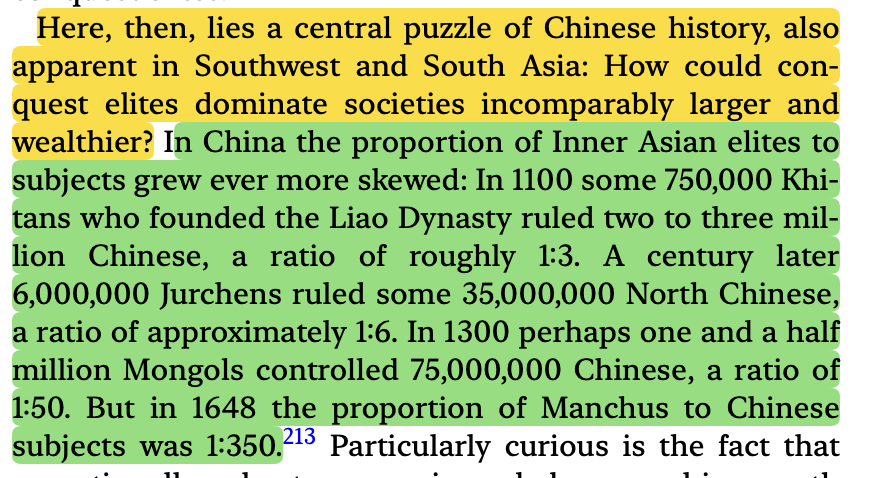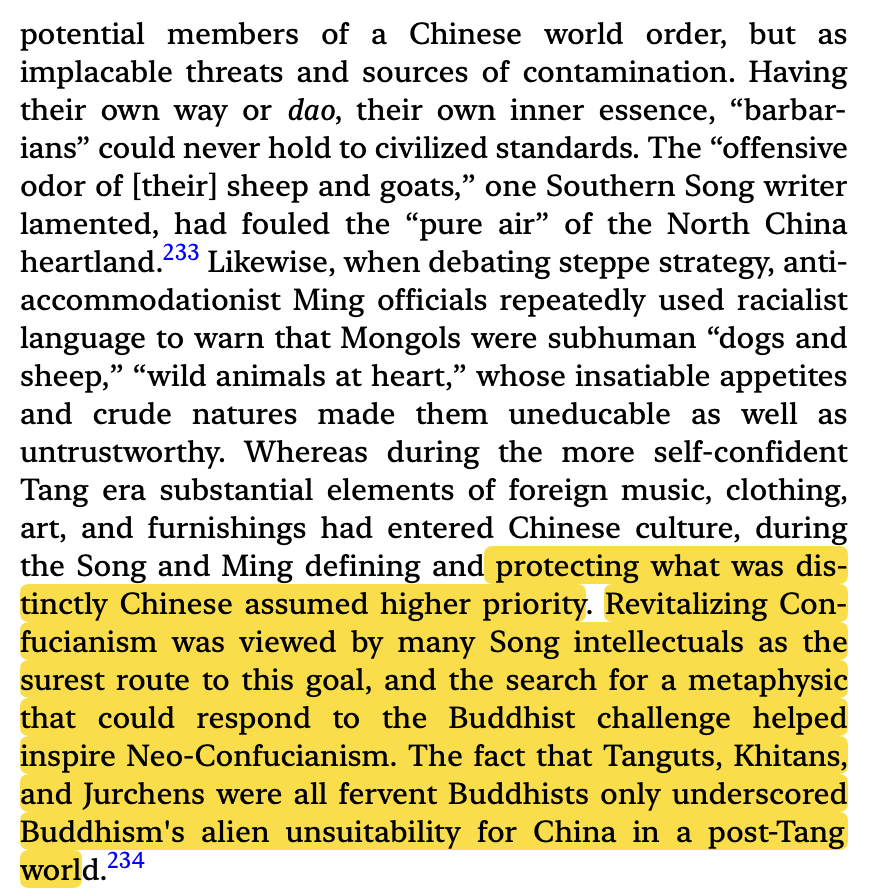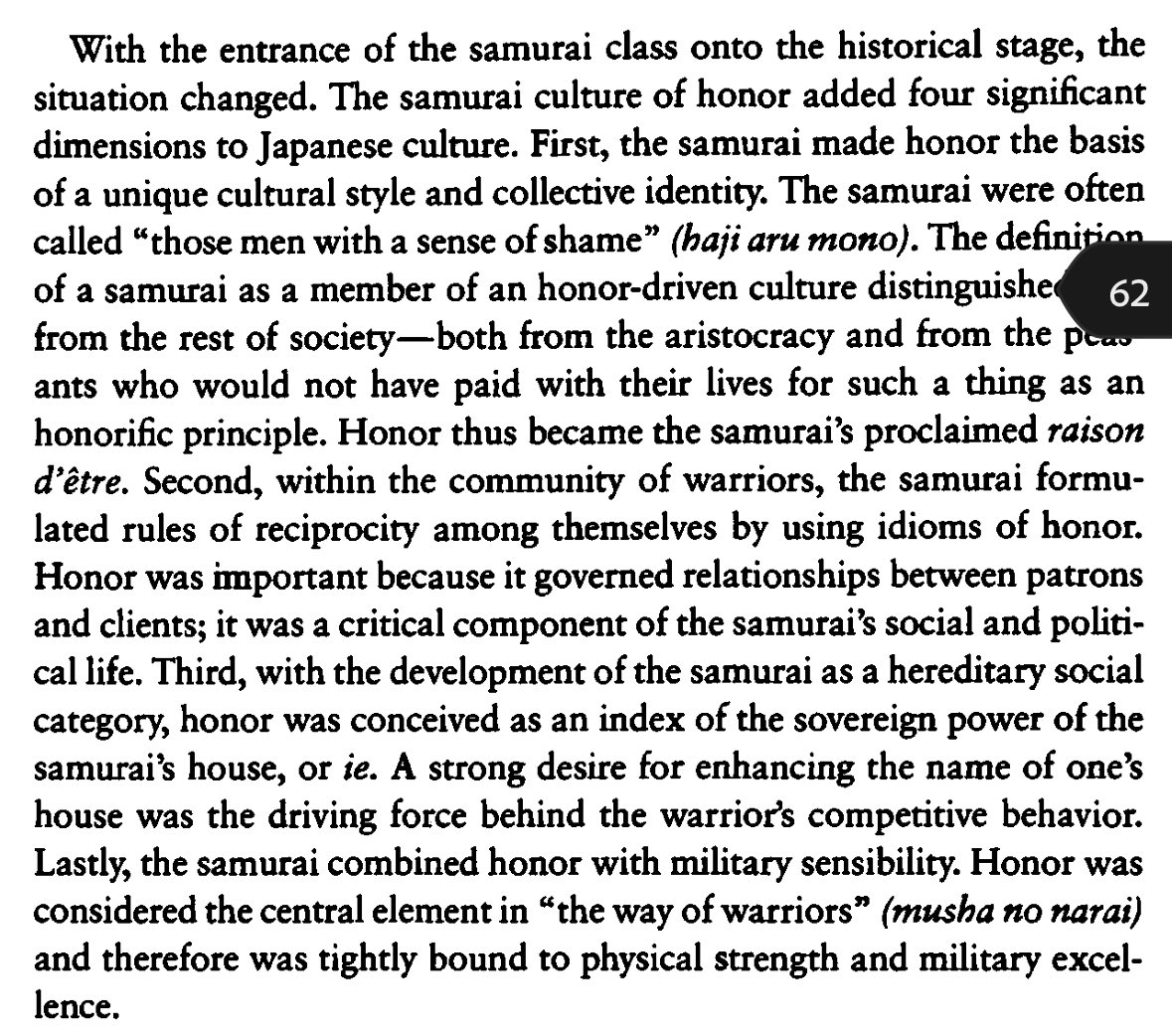What explains Mexico's uneven gender transition?
Female employment has risen less in Mexico than other Latin American countries
But there's near gender equal representation in Congress
To learn more, I'm travelling to Mexico City, Oaxaca & Merida
DM if you'd like to meet 🇲🇽🙂



Female employment has risen less in Mexico than other Latin American countries
But there's near gender equal representation in Congress
To learn more, I'm travelling to Mexico City, Oaxaca & Merida
DM if you'd like to meet 🇲🇽🙂




What’s my prior?
Mesoamerican civilisations were #patrilineal.
Societal expectations that women should ideally stay at home were reinforced by #Catholicism, which is still pervasive (80%)
Female labour supply thus rises more weakly in response to economic growth.
Mesoamerican civilisations were #patrilineal.
Societal expectations that women should ideally stay at home were reinforced by #Catholicism, which is still pervasive (80%)
Female labour supply thus rises more weakly in response to economic growth.

Guatemala has a higher indigenous (Maya) population and an even lower rate of female labour force participation.
Catholic share is much lower, however (45%).
It's also much poorer.
So it's more stuck in "the patrilineal trap"
Catholic share is much lower, however (45%).
It's also much poorer.
So it's more stuck in "the patrilineal trap"

Alternative hypotheses include
- the rate of economic growth
- the nature of structural transformation
- employment share in manufacturing
- criminality
But Mexico isn't an outlier on any of these variables.
So I find them less convincing.
- the rate of economic growth
- the nature of structural transformation
- employment share in manufacturing
- criminality
But Mexico isn't an outlier on any of these variables.
So I find them less convincing.
What explains the rise in female representation?
Across Latin America, there's been huge feminist mobilisation for gender quotas.
These have been progressively reinforced.
Feminists embolden their regional neighbours.
[table from @jennpiscopo @lorenavazcorrea]



Across Latin America, there's been huge feminist mobilisation for gender quotas.
These have been progressively reinforced.
Feminists embolden their regional neighbours.
[table from @jennpiscopo @lorenavazcorrea]




My prior is that Mexican feminists have been emboldened by their neighbours & push for gender quotas.
But Mexico's men still prefer housewives & many women still show love by caring for their children full time. This remains normative.
So there is no regional spillover on FLFP.
But Mexico's men still prefer housewives & many women still show love by caring for their children full time. This remains normative.
So there is no regional spillover on FLFP.
Across Latin America, there is an enormous gulf between what internalised ideologies and normative expectations.
Only 30% of Latin Americans actually believe women belong at home, but over 60% think their neighbours endorse this!
A huge discrepancy!
Only 30% of Latin Americans actually believe women belong at home, but over 60% think their neighbours endorse this!
A huge discrepancy!

In Mexico, men and women think just over half their neighbours endorse gender equality in housework
But what's the real answer??
cc @enriquedlrosa @AlessandraVoena
But what's the real answer??
cc @enriquedlrosa @AlessandraVoena

Only 30% of Mexican men say that household finances are the responsibility of men.
18% of women concur.
@enriquedlrosa @AlessandraVoena
18% of women concur.
@enriquedlrosa @AlessandraVoena

Only 30/32% of Mexican women and men believe that a woman's most important place is with her children. 

But women think over 60% of their neighbours believe that a woman's most important place is with her children
Mexican women massively underestimate other women's support for female employment.
@enriquedlrosa @AlessandraVoena
Mexican women massively underestimate other women's support for female employment.
@enriquedlrosa @AlessandraVoena

Both personal beliefs and normative expectations in Mexico discourage female employment.
This means that female labour supply rises weakly in response to job creating economic growth.
This means that female labour supply rises weakly in response to job creating economic growth.
Now how do Mexicans' personal beliefs and normative perceptions compare to their neighbours?
Surprisingly, even tho Mexican FLFP is low, they are not especially opposed to FLFP.
They are much more supportive than Argentians.
@enriquedlrosa @AlessandraVoena

Surprisingly, even tho Mexican FLFP is low, they are not especially opposed to FLFP.
They are much more supportive than Argentians.
@enriquedlrosa @AlessandraVoena


Compared to Argentinians, Mexicans are actually more likely to DISAGREE that a woman's most important role is to take care of her children.
[This comparison is important bc they have the same GDP per capita, but different levels of FLFP]

[This comparison is important bc they have the same GDP per capita, but different levels of FLFP]


Compared to Argentinians, Mexicans envisage slightly weaker opposition to female employment from their neighbours. 

So there is a big gulf in personal acceptance of gender equality and concerns about what the neighbours accept.
Pluralistic ignorance holds across Latin America.
Why is it so big?
Possibly conservative religion, possibly media?
Pluralistic ignorance holds across Latin America.
Why is it so big?
Possibly conservative religion, possibly media?
So why is female employment significantly lower in Mexico than other countries with similar culture, religion, geography and wealth?
Catholicism is strong & stable.
Is that it?
If so, why is Catholicism stronger in Mexico?
Catholicism is strong & stable.
Is that it?
If so, why is Catholicism stronger in Mexico?

The data shows that Latin Americans radically underestimate their neighbours’ support for female employment
Given that people care about social respect, this likely impedes female employment.
My task now is to learn WHY people might misperceive their neighbours’ gender beliefs.
Given that people care about social respect, this likely impedes female employment.
My task now is to learn WHY people might misperceive their neighbours’ gender beliefs.
Quant analysis shows that
- Mexicans underestimate support for female employment
- In India & Saudi Arabia, such beliefs can suppress female employment
So the question for qualitative researchers (like me!) is
WHY DO PEOPLE MISPERCEIVE NORMS?
- Mexicans underestimate support for female employment
- In India & Saudi Arabia, such beliefs can suppress female employment
So the question for qualitative researchers (like me!) is
WHY DO PEOPLE MISPERCEIVE NORMS?
Short school days are another major constraint.
Turkish women, for example, told me how this made it really difficult to have a job unless you had nearby family
But I don’t think this can explain the Mexican outlier, since Peru’s school day also finishes at 2pm
(yet high FLFP)
Turkish women, for example, told me how this made it really difficult to have a job unless you had nearby family
But I don’t think this can explain the Mexican outlier, since Peru’s school day also finishes at 2pm
(yet high FLFP)
When the Mexican government introduced longer school days, grandmothers became more likely to work
by @fcabrerahz & @MaraPadillaR
web.utk.edu/~jhollad3/RePE…


by @fcabrerahz & @MaraPadillaR
web.utk.edu/~jhollad3/RePE…



In Mexico, a grandmother's death reduces mother's employment rate by 27%
by @MiguelTalamas bpb-us-e1.wpmucdn.com/sites.northwes…

by @MiguelTalamas bpb-us-e1.wpmucdn.com/sites.northwes…


So short school days are a major obstacle
And inter-generational support helps fill the gap.
However, neither of these variables seems systematically different in Mexico
(compared to other countries in the region).
And inter-generational support helps fill the gap.
However, neither of these variables seems systematically different in Mexico
(compared to other countries in the region).
Another hypothesis.
In Mexico,
81% are still Catholic
33% believe divorce is morally wrong
67% believe in Hell
Marriage rates remain high (compared to 🇦🇷🇧🇷)
Marriage provides reliable insurance against penury so women specialise in childcare, rather than economic autonomy


In Mexico,
81% are still Catholic
33% believe divorce is morally wrong
67% believe in Hell
Marriage rates remain high (compared to 🇦🇷🇧🇷)
Marriage provides reliable insurance against penury so women specialise in childcare, rather than economic autonomy



I think religious prohibitions on divorce might explain the paradox of why Mexicans are actually LESS likely to say that women should obey their husbands.
So it’s not that Mexican women are especially subjugated and forced to stay home. They prefer to mother full time
So it’s not that Mexican women are especially subjugated and forced to stay home. They prefer to mother full time

‘Only’ 49% of Mexican men think that women should obey their husbands.
That’s actually much lower than Brazil, which has a higher rate of female labour force participation
So across Latin America, higher FLFP doesn’t necessarily mean more support for gender equality.
Unusual!
That’s actually much lower than Brazil, which has a higher rate of female labour force participation
So across Latin America, higher FLFP doesn’t necessarily mean more support for gender equality.
Unusual!

Across Latin America, Protestants (not Catholics) are more likely to say that women are obliged to obey their husbands.
So this is why we need to untangle religious beliefs!
Catholicism may proscribe divorce and lower FLFP, but not necessarily heighten patriarchal control!!!
So this is why we need to untangle religious beliefs!
Catholicism may proscribe divorce and lower FLFP, but not necessarily heighten patriarchal control!!!

You cannot just look at one aspect of a religion and then extrapolate gender practices.
One cannot say religion X permits divorce and female property rights hence it is ‘feminist’ (as one economist told me)
One must examine how ALL the beliefs & institutions affect practices.
One cannot say religion X permits divorce and female property rights hence it is ‘feminist’ (as one economist told me)
One must examine how ALL the beliefs & institutions affect practices.
“How come FLFP is higher amongst Protestants but support for gender equality is lower???” [from my DMs]
My answer:
Two thirds believe in Hell.
They think God will grant true believers wealth & health.
Female earnings do not necessarily dislodge religious beliefs of obedience

My answer:
Two thirds believe in Hell.
They think God will grant true believers wealth & health.
Female earnings do not necessarily dislodge religious beliefs of obedience


@threadreaderapp unroll
• • •
Missing some Tweet in this thread? You can try to
force a refresh























